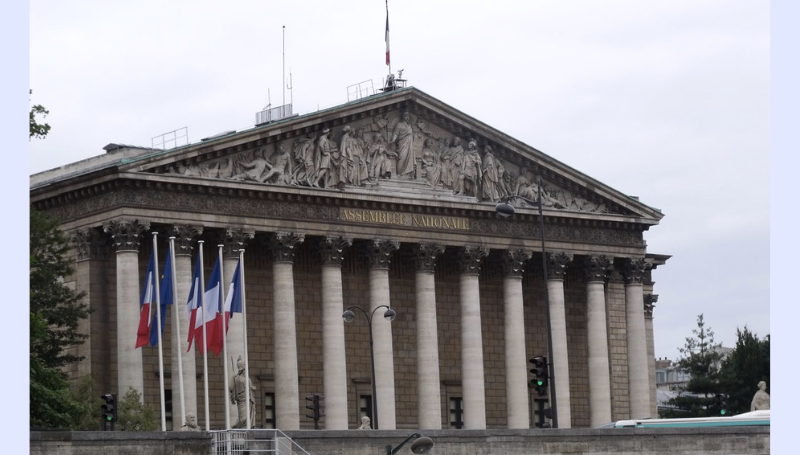Samy Adghimi
Washington Post, June 20, 2022
“Le Pen’s promise to reverse a decline in living standards and boost wages found a receptive audience in deprived provincial areas during the presidential campaign.”
Only once has France had a far-right government — in the dark days of Nazi occupation during World War II. That lingering association with a period of national calamity confined extreme conservative groups to the margins of politics for the rest of the 20th century. Now they’re making a comeback, exploiting economic insecurity to peddle a narrative of a proud nation in decline, besieged by alien cultures. In an April presidential election, far-right figures secured the most votes since the founding of the Fifth Republic in 1958. Two months later, France’s largest far-right party hit another milestone by winning a record number of seats in parliament.
1. What is the French far-right?
The term encompasses various populist groups that have come and gone since the late 19th century. They tend to promote conservative values and favor tough enforcement of law and order. Some are monarchists and traditionalist Catholics and many hold extreme, racist and anti-Semitic views. Right-wing dissident paramilitaries fought against Algerian independence in the early 1960s, committing attacks that caused hundreds of deaths. The most successful far-right party today is the National Rally, founded as the National Front in 1972 and led for almost four decades by Jean-Marie Le Pen before he was replaced by his daughter Marine.
2. Who are its main players?
Le Pen, a former French paratrooper during the Algerian war, has been convicted of racism and anti-Semitism and once claimed the Nazi gas chambers were a “detail” of history. He ran for president four times and only once reached the second-round run-off, in 2002, where he was dealt a crushing defeat by Jacques Chirac. Marine Le Pen took over in 2011 and began trying to soften the party’s image, changing its name and later ejecting her father from the movement. She ran for president three times and made it to the run-off twice. Le Pen is now progressively handing over the party to her deputy, Jordan Bardella, a fresh face from the suburbs of Paris. Le Pen’s niece Marion Marechal, often described as a rising star of the far-right, defected from her aunt’s camp in March and is now vice president of Reconquest, a newer group led by writer and media pundit Eric Zemmour, who has been convicted of hate speech and stoked controversy for comments seen as denying the basic facts of the Holocaust.
To view the original article, click here


